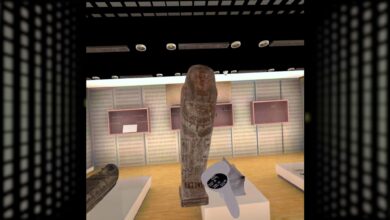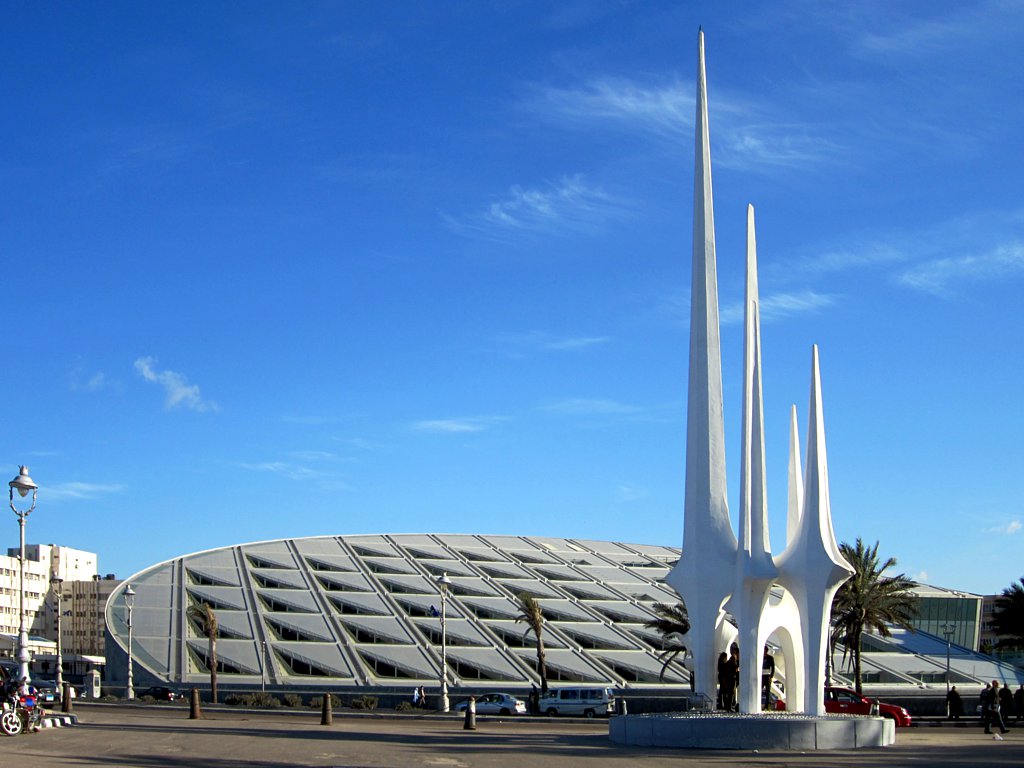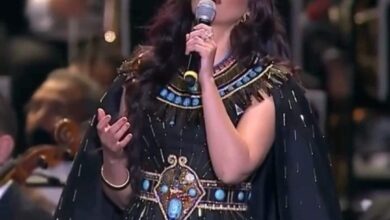Alexandria–The seventh Arab Reform Conference opened yesterday at the Bibliotheca Alexandrina and appeared to revolve around the recent political activity initiated by Mohamed ElBaradei, former president of the International Atomic Energy Agency and possible contender for the 2011 presidential election, who returned to Egypt on 20 February to the excitement of many opposition activists.
The conference, titled "In a world that is shaping itself anew…Where is the role of Arabs?" held its opening session yesterday. The session was attended by approximately 500 people from 18 Arab and foreign states. It was chaired by Ismael Serag Eddin, the director of the library, Hossam Badrawi, member of the National Democratic Party’s Policies Secretariat, and Osama el-Ghazali Harb, head of the liberal Democratic Front Party.
Answering a question on the nomination of ElBaradei, Serag Eddin said that the conference addresses the situation in the Arab region in general, not only in Egypt.
"The increasing margin of freedom and participation in Egypt is apparent in many fields, such as in the press which often discusses the possible nomination of the president’s son, Gamal Mubarak, and whether that would constitute a transfer of power," said Serag Eddin, arguing that this represents a form of political participation.
"ElBaradei talks about reforms that he sees as necessary. Change must eventually be brought about through a democracy."
Serag Eddin warned of the damaging consequences of bringing about change through a military coup or bloody revolution. He nevertheless emphasized the importance of change, provided that such change is in line with the law.
Serag Eddin criticized the status of women in the Arab world and in Egypt, and expressed surprise at the fact that some people still frown on the idea of appointing women to positions in the judiciary.
In his speech, Serag Eddin also discussed the role of the Arab League, criticizing the inability of Arab countries to come together to create a common market. Serag Eddin said that the European Union–established around 13 years after the Arab League–had managed to unify the currency of its member states and remove borders, and were even discussing setting up a constitution, he said.
Hossam Badrawi, member of the Shura Council and the NDP’s powerful Policies Secretariat, said that the devolution of power is the main vehicle for change in Arab countries. He further warned that authority without accountability leads to corruption, as history demonstrates.
"Nobody should rule knowing that he will stay in power forever," he said. He further added that the government should serve the people and not act as their master.
Badrawi added that the same ideas and talk have been reiterated for 30 years, but nothing has so far been implemented.
The session also saw controversy over the relationship between democracy and development. Harb said that development wasn’t attainable without democracy, while Serag Eddin disagreed, citing the examples of China and Korea to support his argument. Badrawi sided with Serag Eddin.
Translated from the Arabic Edition.




